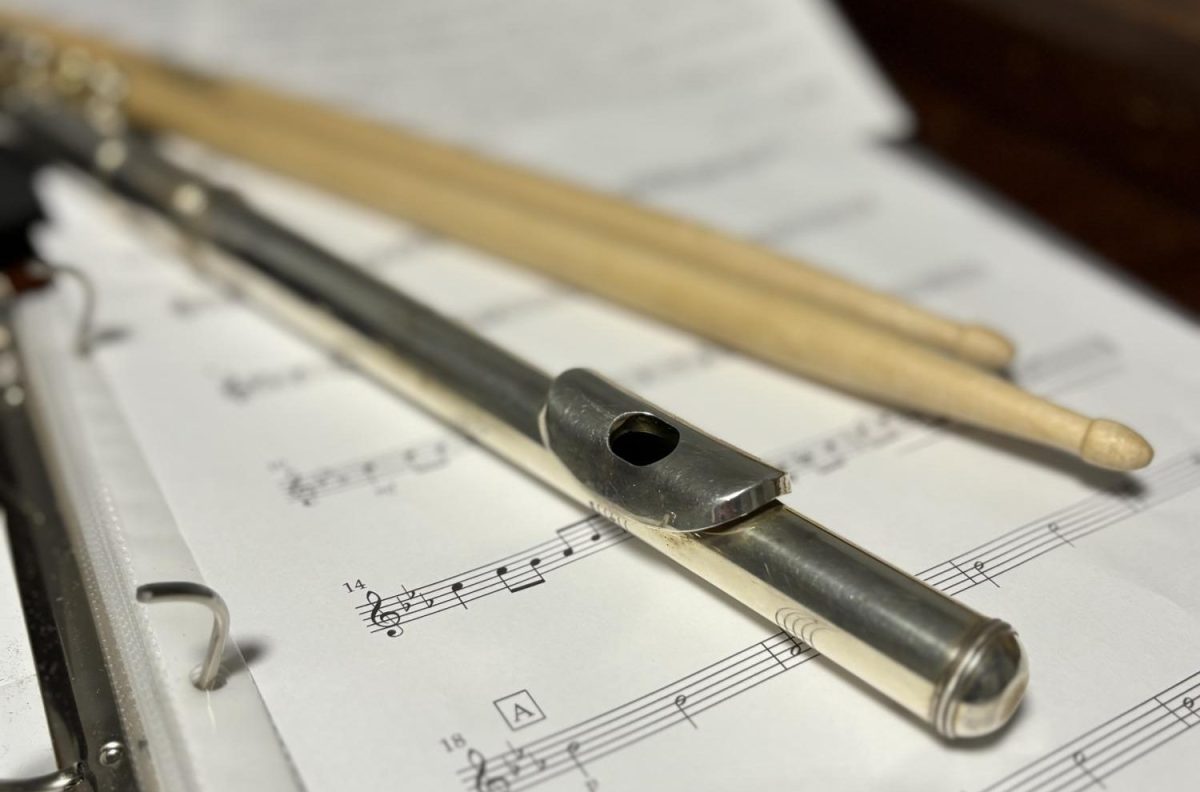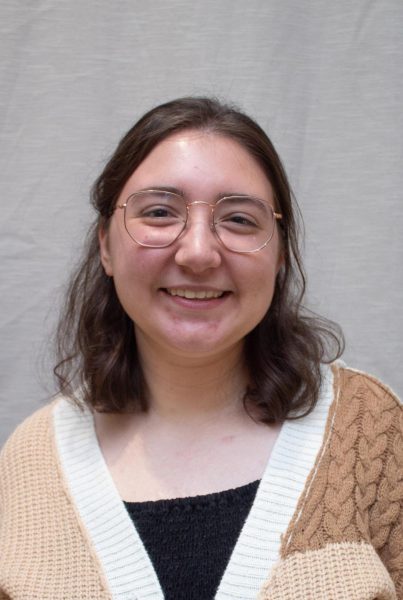My favorite part of playing in a concert ensemble does not have anything to do with actually playing an instrument. Right before a concert band performs, the conductor typically approaches the podium and makes sweeping eye contact with each member of the ensemble. Once every member is ready to begin and a hush has fallen over the audience gathered to watch, the conductor does something that only musicians would understand — they whisper the time signature of the song about to be performed.
If the song is written in 4/4 time, or four beats per measure, then it would look something like this:
“1, 2, 3, 4.” We all take a unifying breath. The song begins.
This has happened for every song that I have performed with a formal conductor. For most of the songs I have performed in my time as a musician, we have followed this same procedure, and I love it. I love the routine and the secrecy, as if the conductor and the ensemble are all in on some sort of secret that the audience has yet to learn. So in order to continue this time-honored tradition, I, as music nerd and writer, will conduct this ode to Chatham University’s music program in a whispered 4/4.
Beat 1 (Why I Love It)
To give a bit more context, I have been playing the flute since I was in fourth grade. I played throughout middle school, high school and now into college. Though music was never the main focus of my studies, I have always found a home in music programs. I knew that I wanted to find that home again as I went into college.
As a result, I joined Chatham University’s music program and signed up to take a class in which I performed with Chatham’s concert band class for two-and-a-half hours every Monday. I am so glad that I did. The program provided me with a creative outlet to express myself through music and turn my pent up frustrations into songs. If I needed a break from the stress of everyday life, I just headed down to the practice rooms in the James Laughlin Music Center.
Beat 2 (Why You Should Too)
Now, a little-known secret of the music program is that anyone can access these same practice rooms. Even if you are not a part of the concert band, jazz band or any other performance class, you can easily head to the basement of the Music Center and jam out on your instrument of choice. If you are looking for an art credit for the general education requirement, I highly recommend taking a class in the music program.
The program offers a wide range of options for students of all skill levels. Ever dreamed of playing the guitar? Chatham’s music program offers four levels of private lessons. If you really like music history, the History of Rock: Pop and Soul class might be perfect for you. Maybe you are a gorgeous singer, then try out singing for Chatham’s choir. Or, if you are interested in performance, pick up a concert band or jazz band class.
Beat 3 (Exploration)
Since the ensembles are so small, these two classes allow students a lot of flexibility and exploration. In concert band, we have a small number of people, and most of them play the flute. As a result, when my professor asked if anyone would be interested in learning how to play a new instrument, I jumped at the chance. Beginning halfway through last semester, I started to learn how to play a drum set.
Playing a drum set is definitely a daunting task, but it has been one of the most rewarding processes of my college career. I learned that while playing the drum set, you need to multitask by essentially playing four different instruments at once. This posed a major challenge for me as someone who has always struggled with multitasking. However, I now also listen to music differently, quietly tapping the rhythms out with my food and counting out the beats in my head. I am so grateful I tried something new, and I would do it again in a heartbeat.
Beat 4 (And Breathe)
Playing the flute and drum set might seem like an experience that is unique to me, but the idea of trying something new or finding that home is a universal one. After the conductor whispers the time signature, everyone in the ensemble takes a breath to ensure that we are all starting on the same page. Though the notes on the page might look or sound different, we are all collectively recognizing that we are about to create something together. And if there is one benefit of a small program at a small university, it is a tight-knit, collaborative and exploratory environment.
So now that I’ve whispered the 4/4 time signature to you — and I, the conductor, have let you, my audience, in on the secret — will you join the band and face the music? Our music program is no one-hit wonder. It is a best-selling album you’ll want to listen to on repeat. It is every loved music technique and tired music cliche out there, and more students should consider taking advantage of it.




Julian • Oct 18, 2025 at 10:30 pm
Really enjoyed reading this piece. 🙂